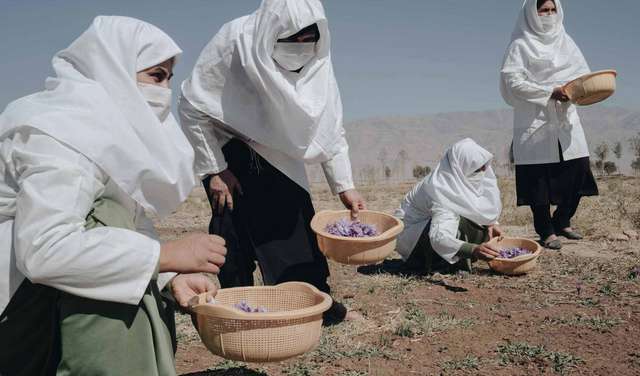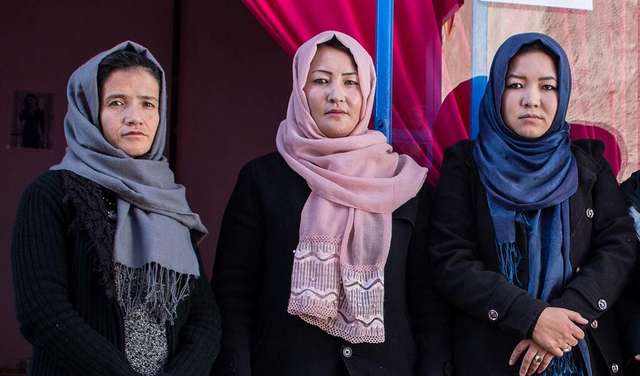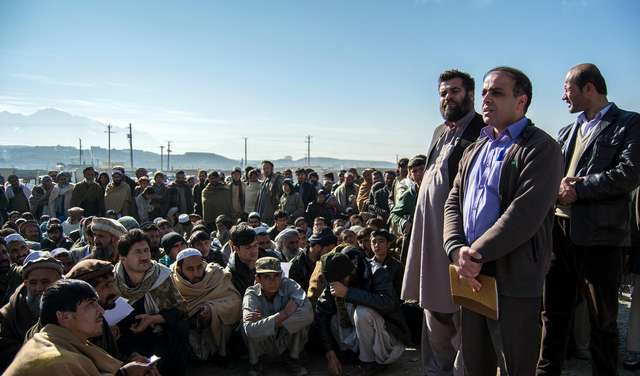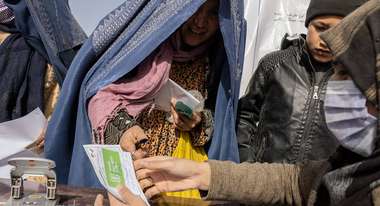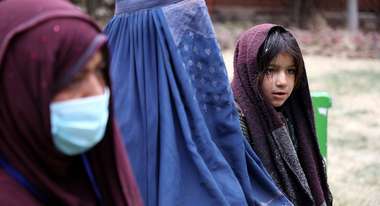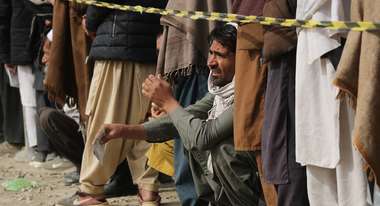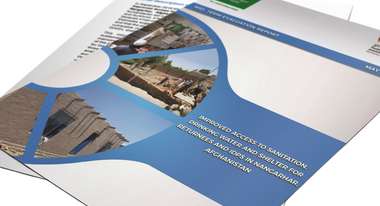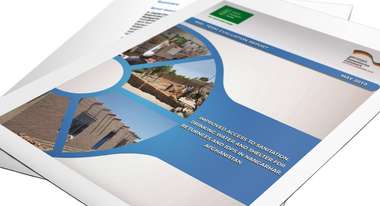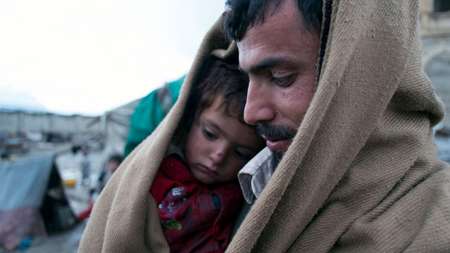
Afghanistan
+++ Latest news: Severe flooding in Afghanistan and neighboring Pakistan killed at least 100 people in mid-April 2024. Over the past few months, there have already been casualties and injuries in Afghanistan as a result of heavy snow and rainfall following an unusually mild winter. The situation is expected to remain serious due to the ongoing monsoon season. We are in close contact with our colleagues on the ground and are examining ways to provide relief. +++ Afghanistan is one of the world’s poorest countries. The economy is dependent in large part on international aid. Decades of civil war and terror have destroyed large amounts of infrastructure and have had a massive impact on the country's economy. In August 2021, the Taliban overthrew the government and regained power. The number of hungry people is expected to continue to rise as a result of the ongoing fighting. 15.8 million people are threatened by hunger and 23.7 million are dependent on humanitarian aid. But other basic needs, such as medical care and education, are also not secure for the majority of the population. Rural areas in particular face great challenges to self-sustaining growth including a lack of infrastructure, an exclusively agricultural economy and a literacy rate of only 10%.




